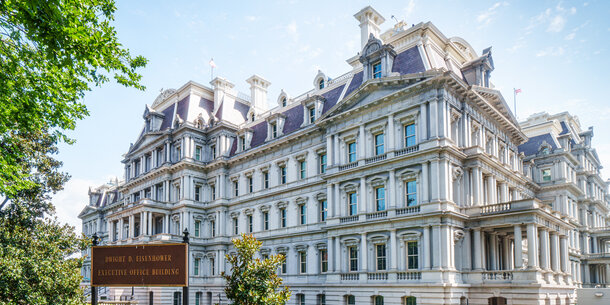Jamshid Muhtorov, having been persecuted for human-rights advocacy in his homeland of Uzbekistan, sought refuge in the United States in 2007. Almost immediately upon his arrival, the government began a protracted campaign of surveillance that grew to touch every facet of his personal and professional life. Federal agents tracked his travels as an interstate truck driver, installed audiovisual equipment in his home, recorded his phone calls, and intercepted his electronic communications. The fruit of that surveillance included multiple federal charges alleging that Muhtorov had rendered material support to an Uzbek terrorist organization.
Only after Edward Snowden exposed the breadth of the National Security Agency’s surveillance programs did the government confirm that it had obtained Muhtorov’s email, phone, and Internet communications under Section 702 of the Foreign Intelligence Surveillance Act (“FISA”). Section 702, enacted in 2008, authorizes warrantless collection of foreign targets’ communications, including their communications with American citizens and residents. Although the collection of information about Americans is supposedly “incidental” and Congress required the government to “minimize” the use and retention of such information, the government routinely searches through the communications collected under Section 702 to find Americans’ emails, phone calls, and text messages. Section 702 has thus become a rich source of warrantless access to Americans’ communications.
Muhtorov moved to exclude evidence obtained under Section 702, claiming that the surveillance violated the Fourth Amendment. In addition, when the government refused to disclose its underlying applications to the Foreign Intelligence Surveillance Court (“FISC”) and to detail elements of its surveillance regime that extended beyond Section 702, he moved to compel disclosure on due process grounds.
In 2015, the district court held that Section 702 complies with the Fourth Amendment, and, as a result, it quashed Muhtorov’s motion to suppress evidence obtained pursuant to that provision. Following a 25-day trial, Muhtorov was found guilty on three counts and sentenced to 11 years in prison. He appealed to the Tenth Circuit.
The Brennan Center filed an amicus brief with the Tenth Circuit supporting reversal. Our brief shows that the rapid increase in governmental surveillance capacity over the past decade has triggered novel Fourth Amendment questions. In particular, courts have not resolved how to safeguard the constitutional rights of Americans who are in communication with foreign targets. The brief demonstrates that the United States’ defense of warrantless surveillance rests on an erroneous understanding of the “incidental overhear” doctrine. While the government contends that surveillance of Americans in communication with foreign targets is lawful as long as the surveillance of the targets themselves is lawful, we argue that Americans’ reasonable expectation of privacy in their foreign communications—which the courts have recognized—triggers the Fourth Amendment warrant requirement unless an established exception exists. Contrary to what the FISC and the Ninth Circuit have assumed, the “incidental overhear” doctrine is not such an exception, and indeed applies only where a warrant has been obtained. Our brief concludes that rejecting this fabricated loophole in the Fourth Amendment’s warrant protection is necessary to guard against the erosion of Americans’ privacy rights.
On December 8, 2021, the court of appeals held that Section 702 complies with the Fourth Amendment. Judge Carlos Lucero dissented, arguing that American citizens and residents “do not lose their protected privacy interests when they communicate with foreigners abroad.”
United States v. Muhtorov (Amicus Brief) by The Brennan Center for Justice on Scribd

